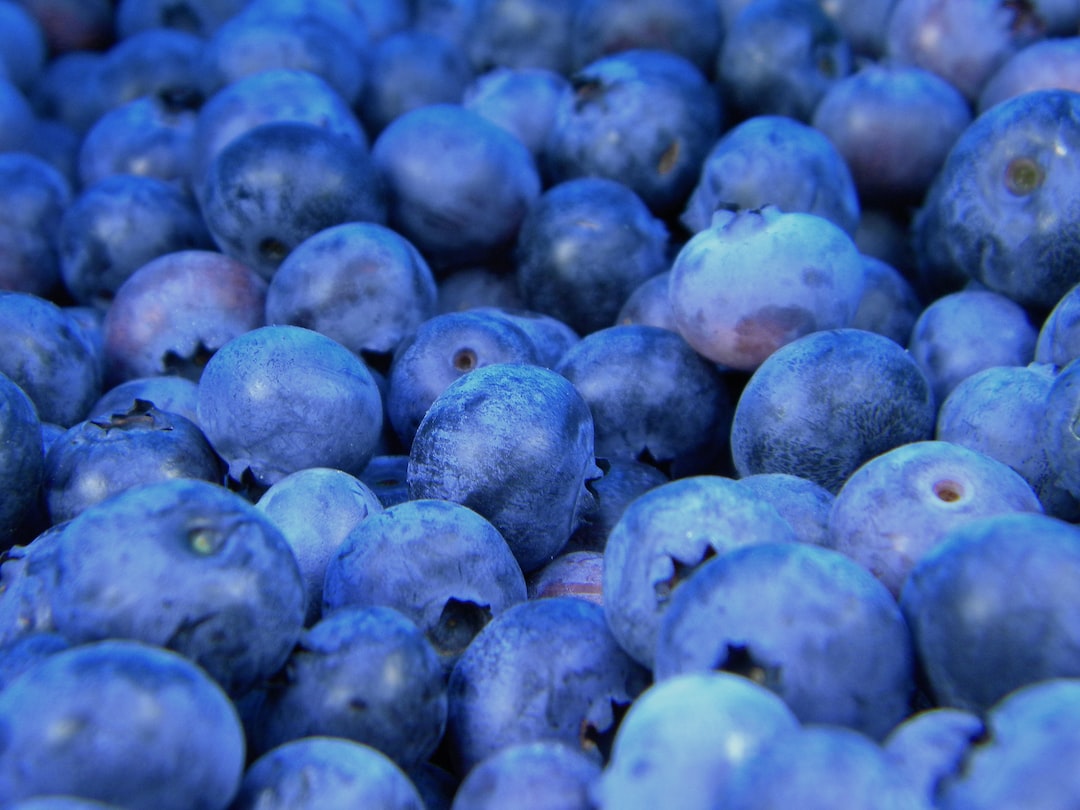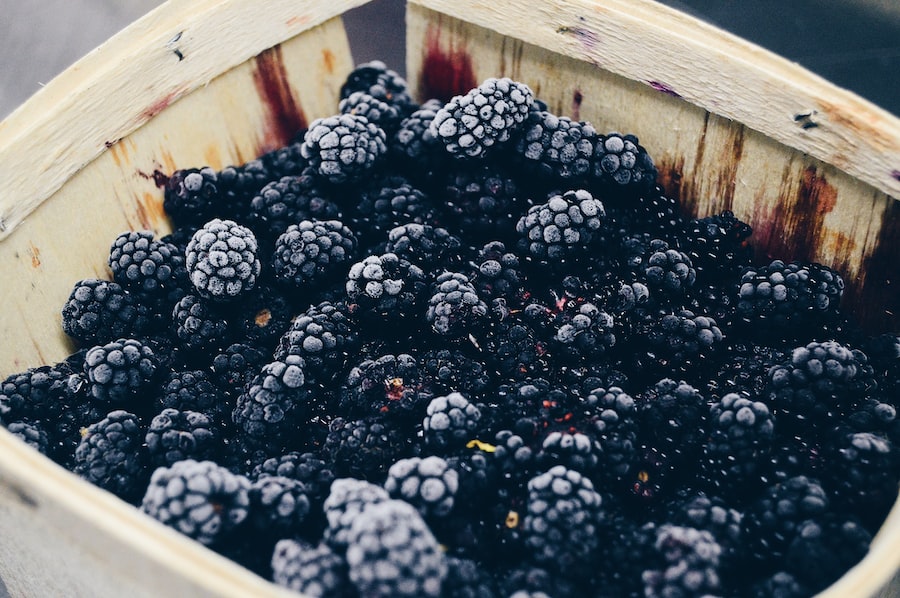Squirrel-Proof Your Fruit Trees: Effective Ways to Keep Them at Bay

Fruit trees are a valuable asset to any garden or orchard, providing delicious and nutritious produce for us to enjoy. However, one of the biggest challenges that fruit tree owners face is the damage caused by squirrels. These furry creatures have a knack for finding their way into fruit trees and wreaking havoc on the harvest. In this article, we will explore the problem of squirrels damaging fruit trees and discuss the importance of protecting them.
Key Takeaways
- Squirrels love fruit trees and can cause significant damage to your harvest.
- Squirrel-proofing your fruit trees is essential to protect your crops.
- Natural methods, such as planting deterrent plants, can help keep squirrels away.
- Physical barriers, such as cages and collars, can be effective in protecting your fruit trees.
- Netting is a popular option for squirrel-proofing, but it has its pros and cons.
Understanding the Threat: Why Squirrels Love Fruit Trees
Squirrels are attracted to fruit trees for a variety of reasons. Firstly, the sweet and juicy fruits that these trees produce are an irresistible treat for them. Squirrels have a keen sense of smell and can detect ripe fruits from a distance. Once they find a tree with ripe fruits, they will not hesitate to climb up and help themselves.
Unfortunately, squirrels can cause significant damage to fruit trees. They will often take a bite out of multiple fruits, leaving them partially eaten and unsuitable for consumption. This not only reduces the yield of the tree but also makes it more susceptible to diseases and pests. Additionally, squirrels may also chew on the branches and bark of the tree, causing further harm.
The Importance of Squirrel-Proofing Your Fruit Trees
Protecting fruit trees from squirrels is essential for several reasons. Firstly, it ensures that you can enjoy a bountiful harvest of high-quality fruits. By preventing squirrels from accessing your trees, you can ensure that the fruits remain intact and free from damage.
Furthermore, squirrel-proofing your fruit trees helps to maintain the overall health and vitality of the tree. When squirrels chew on branches and bark, they create wounds that can become entry points for diseases and pests. By keeping squirrels away, you reduce the risk of these issues and promote the long-term health of your tree.
Natural Methods of Keeping Squirrels Away from Your Fruit Trees
| Method | Effectiveness | Cost | Difficulty |
|---|---|---|---|
| Netting | High | Medium | |
| Repellent sprays | Low | Easy | |
| Planting deterrents | Medium | Easy | |
| Traps | High | Difficult | |
| Physical barriers | High | Difficult |
There are several natural methods that can be used to deter squirrels from fruit trees. One common approach is to use strong-smelling substances, such as garlic or peppermint oil, to create a scent barrier around the tree. Squirrels dislike these smells and will be less likely to approach the tree.
Another natural method is to plant certain types of flowers or herbs near the fruit tree. Some plants, such as marigolds or daffodils, have a strong odor that squirrels find unpleasant. By planting these around the base of the tree, you can create a natural deterrent.
While these natural methods can be effective to some extent, they may not provide complete protection against squirrels. Squirrels are intelligent and adaptable creatures, and they may eventually become accustomed to the smells or find ways around the barriers.
Using Physical Barriers to Protect Your Fruit Trees from Squirrels
Physical barriers are another effective way to protect fruit trees from squirrels. These barriers can be in the form of fences or cages that surround the tree and prevent squirrels from accessing it.
One popular type of physical barrier is a metal mesh fence. This type of fence is sturdy and durable, making it difficult for squirrels to chew through or climb over. It can be installed around the perimeter of the tree, creating a secure enclosure.
Another option is to use a wire cage that completely surrounds the tree. This cage should have small enough gaps between the wires to prevent squirrels from squeezing through. It should also extend below ground level to prevent squirrels from burrowing underneath.
The Pros and Cons of Squirrel-Proofing Your Fruit Trees with Netting

Netting is a commonly used method for protecting fruit trees from squirrels. It involves covering the tree with a fine mesh net that prevents squirrels from accessing the fruits.
One advantage of using netting is that it provides complete protection against squirrels. The fine mesh prevents them from reaching the fruits, ensuring that they remain intact and undamaged. Netting is also relatively easy to install and can be removed when the fruits are ready for harvest.
However, there are some disadvantages to using netting as well. Firstly, it can be time-consuming to install and remove, especially for larger trees. Additionally, netting may also trap other animals, such as birds or beneficial insects, which can be detrimental to the ecosystem of your garden.
How to Choose the Right Type of Netting for Your Fruit Trees
When choosing netting for your fruit trees, there are several factors to consider. Firstly, you should ensure that the mesh size is small enough to prevent squirrels from squeezing through. A mesh size of 1/4 inch or smaller is recommended.
You should also consider the material of the netting. Nylon or polypropylene nets are commonly used for this purpose, as they are durable and weather-resistant. It is important to choose a netting material that will withstand the elements and last for multiple seasons.
Finally, you should also consider the size of the netting and whether it will fit your tree properly. It should be large enough to cover the entire tree without leaving any gaps where squirrels can enter.
DIY Squirrel-Proofing: Tips and Tricks for Making Your Own Barriers
If you prefer a more hands-on approach, there are several DIY methods that you can use to squirrel-proof your fruit trees. One option is to create a homemade squirrel baffle using a metal sheet or PVC pipe. This baffle can be installed around the trunk of the tree, preventing squirrels from climbing up.
Another DIY method is to create a homemade repellent spray using ingredients such as hot peppers or vinegar. These substances have a strong odor that squirrels find unpleasant and will deter them from approaching the tree.
When using DIY methods, it is important to ensure that the materials you use are safe for the tree and the environment. Avoid using toxic substances or materials that may harm the tree or other animals.
Commercial Squirrel-Proofing Products: What to Look for and What to Avoid
There are also many commercial squirrel-proofing products available on the market. These products range from repellent sprays to electronic devices that emit ultrasonic sounds to deter squirrels.
When choosing commercial squirrel-proofing products, it is important to look for those that have been proven to be effective. Read reviews and testimonials from other customers to get an idea of how well the product works.
It is also important to avoid products that may be harmful to the environment or other animals. Look for products that are made from non-toxic materials and do not pose a risk to wildlife.
Maintaining Your Squirrel-Proofing Measures: Tips for Long-Term Success
Once you have implemented squirrel-proofing measures for your fruit trees, it is important to maintain them properly to ensure long-term success. Regularly inspect the barriers or netting to check for any damage or signs of wear. Repair or replace any damaged parts as necessary.
It is also important to monitor the effectiveness of your squirrel-proofing measures. If you notice any signs of squirrels accessing the tree or damage to the fruits, you may need to adjust or reinforce your barriers.
Regularly clean and sanitize your barriers or netting to prevent the buildup of dirt or debris. This will help to maintain their effectiveness and ensure that they continue to provide protection against squirrels.
When All Else Fails: How to Deal with Persistent Squirrel Infestations
In some cases, despite your best efforts, you may still have persistent squirrel infestations in your fruit trees. When this happens, it is important to take action to address the issue.
One option is to use live traps to catch the squirrels and relocate them to a more suitable location. This can be done by baiting the trap with food that squirrels find irresistible, such as nuts or seeds.
Another option is to hire a professional pest control service that specializes in dealing with squirrel infestations. They will have the knowledge and experience to effectively remove the squirrels from your property without causing harm to them or the environment.
Protecting fruit trees from squirrels is essential for ensuring a bountiful harvest and maintaining the health of the tree. There are several methods that can be used to squirrel-proof your fruit trees, including natural repellents, physical barriers, and netting. Whether you choose to use DIY methods or commercial products, it is important to select those that are safe and effective. By implementing and maintaining squirrel-proofing measures, you can enjoy the fruits of your labor without interference from these mischievous creatures.



